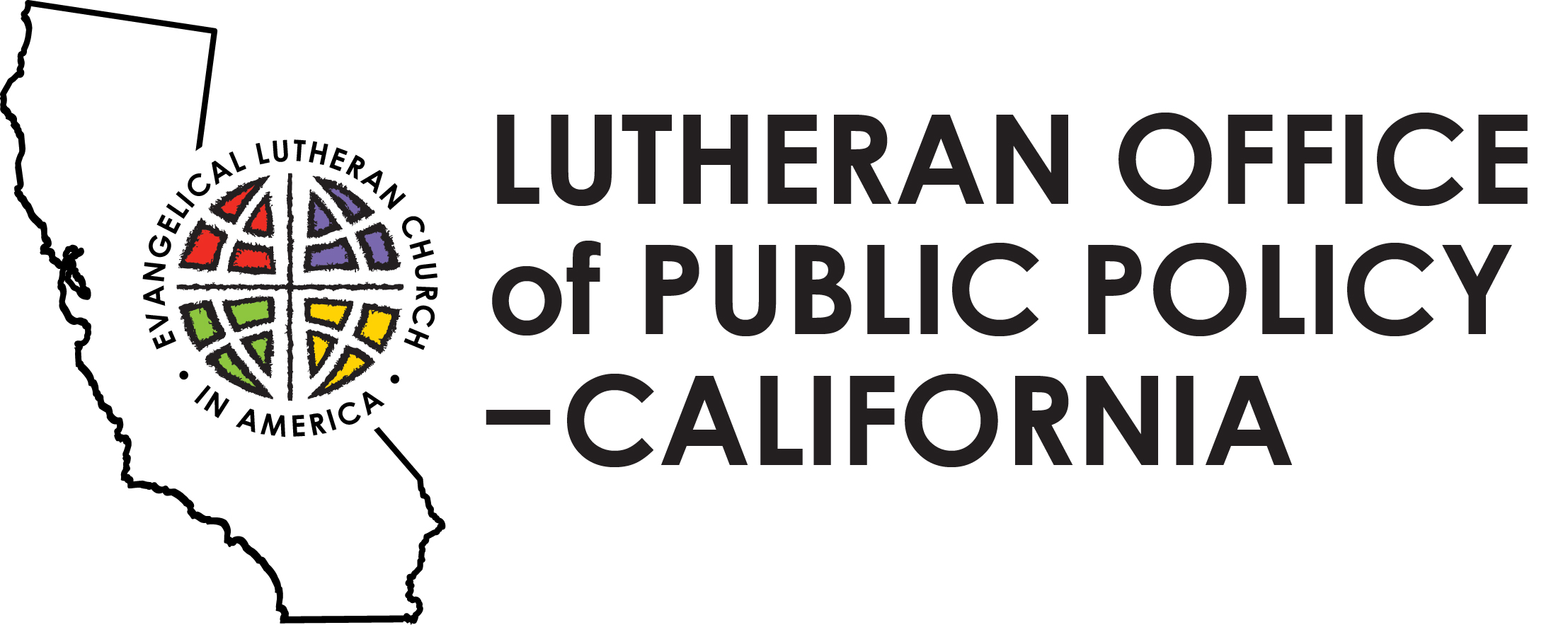What is CSW?
The Commission on the Status of Women (CSW) is a function commission of the United Nations Economic and Social Council. It occurs for two weeks every year, bringing together representatives of United Nations member states and civil society organizations to further efforts for global gender equality. This year marked 30 years since the adoption of the Bejing Declaration and Platform for Action, so the focus was on analyzing the progress made in its implementation and how we can continue to move forward and work towards achieving gender equality globally.
What is the Bejing Declaration and Platform for Action?
The Bejing Declaration and Platform for Action is “the most comprehensive global policy framework and blueprint for action.”1 Specifically, it outlines the vital objectives and actions for the advancement of global gender equality in the following 12 critical areas of concern:
- Women and Poverty
- Education and Training of Women
- Women and Health
- Violence against Women
- Women and Armed Conflict
- Women and the Economy
- Women in Power and Decision-Making
- Institutional Mechanisms for the Advancement of Women
- Human Rights of Women
- Women and the Media
- Women and the Environment
- The Girl Child
Why was it important that we were there?
Churches are essential places for the formation and growth of societal and cultural norms. It does not matter how many women hold government positions or if a constitution states gender equality is the law of the land if society does not view us as equals. Especially in a time when religion is being used to further marginalize and discriminate against women, we need to be present and clear that our faith views all of God’s creations as equal. In the ELCA’s social statement on Faith, Sexism, and Justice: A Call to Action, the church acknowledges how “Misuses, misunderstandings, and the limitations of translations have led to and still reinforce beliefs and actions that devalue women and girls.”2 The Church’s recognition of this injustice and inequality on the basis of gender and sex calls on us to “Seek and encourage faithful dialogue, discernment, and, when possible, joint action on issues of patriarchy and sexism with other members of the body of Christ and with partners of other religions and worldviews.”3
Personal Reflections
Attending the 69th Commission on the Status of Women at the United Nations was a remarkable and educational experience. It was inspiring to see the progress made in the 30 years since the unanimous adoption of the Beijing Declaration and Platform for Action by 189 countries. However, per the United Nations’ 2024 Global Gender Gap Report, no country has reached full gender equality, and it will take over 100 years to reach it at current rates. While it is important to acknowledge all the advancements that have been made, it was hard not to be frustrated and disheartened by all the work that is still needed, especially when it feels like we are regressing. Throughout the week, women from around the world recounted their experiences of surviving gender-based violence, the continuation of child marriage, and the lack of equal access to education and health care.
One concept I repeatedly heard throughout the week is that equality is not a gift given from the top; it is a right fought for from the bottom. While I know there is still a long road ahead, I have faith that, as Lutherans, we will continue to show up and work towards an equitable and just world in God’s image.
- United Nations Women, Platform for Action (New York: United Nations Women, 1995), 7, https://www.unwomen.org/sites/default/files/Headquarters/Attachments/Sections/CSW/PFA_E_Final_WEB.pdf. ↩︎
- Evangelical Lutheran Church in America, Faith, Sexism, Justice: A Call to Action (Chicago: Evangelical Lutheran Church in America, August 9, 2019), 18, https://elcamediaresources.blob.core.windows.net/cdn/wp-content/uploads/Faith_Sexism_Justice_Social_Statement_Adopted.pdf. ↩︎
- Evangelical Lutheran Church in America, Faith, Sexism, Justice: A Call to Action, 9. ↩︎

